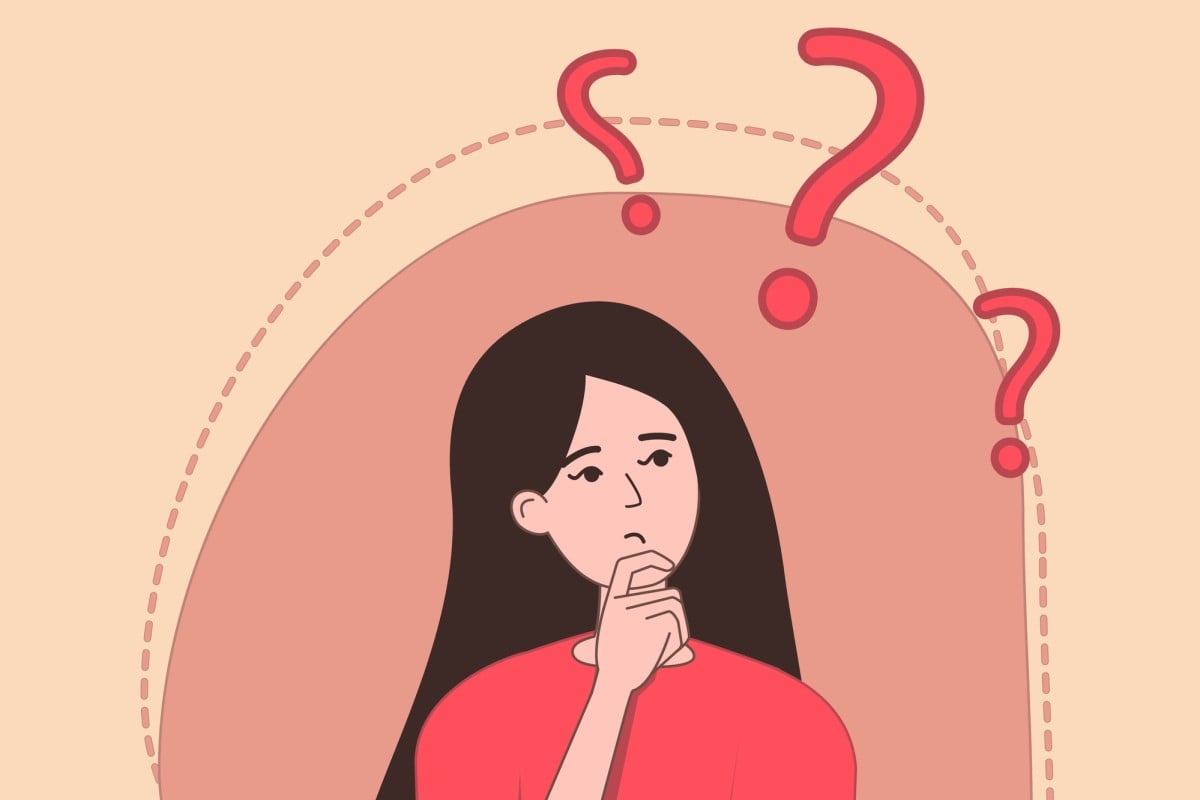
- Clement Ng, director of Hok Yau Club’s Student Guidance Centre in Hong Kong, offers tips on dealing with unsatisfactory marks and when to take a gap year
.jpg?itok=5-zjlj1_)
 Confused about what to do with less-than-stellar DSE results? We have some advice. Photo: Shutterstock
Confused about what to do with less-than-stellar DSE results? We have some advice. Photo: ShutterstockHong Kong is abuzz with anxiety as students who took this year’s Diploma of Secondary Education (DSE) exam anxiously await their results, which will be released on Wednesday. If your results do not meet your expectations or you are clueless about the future, don’t fret! Clement Ng Po-shing, director of Hok Yau Club’s Student Guidance Centre, offered some pointers about alternative education paths and dealing with poor results.
Dealing with dissatisfactory results
First off, “it is essential to mentally prepare for worst-case scenarios,” Ng said. While students often worry about not receiving offers from institutions, they should first consider their abilities when deciding on their study paths.
In addition, “don’t make decisions in a hurry,” he said, explaining that when students are confused, they might quickly choose a backup subject that doesn’t interest them, assuming that obtaining any degree guarantees success. However, this usually leads to regret, and it can be challenging to stay motivated about studying something you aren’t passionate about.
Alternatives for DSE underperformers
Ng explained that students could consider pursuing a degree at a self-financed university, which offers more lenient entrance requirements than typical four-year public schools and provides a flexible pathway to higher education. They may also opt for an associate or higher diploma degree.
Ng recommended examining the range of marks, saying those who do not meet the minimum university entrance requirements could consider enrolling in undergraduate programmes covered by the Study Subsidy Scheme for Designated Professions (SSSDP).
He noted that programmes offered by the Hong Kong Metropolitan University (HKMU) or Tung Wah College allow for transitioning into bachelor’s degree programmes, offering a flexible route to a full degree. Otherwise, vocational education programmes like those provided by the Hong Kong Baptist University’s School of Continuing Education (BUSCE) are feasible, providing a practical and flexible alternative.
Sustainable cooking and gearing up for DSE results
Should I take a gap year?
While it might sound appealing to take a gap year, Ng advised students to consider it carefully before making any decisions. It could be good for independent individuals who are willing to take risks and possess good problem-solving skills; students could enjoy the freedom of personalising their schedules and learning at their own pace without the constraints of institutional education during a gap year.
However, it’s important to maintain self-discipline and recognise that unexpected situations may arise, Ng explained, and it’s crucial to “have backup plans and stay flexible.”
In addition, rather than spending the year sitting around, Ng advised students to “have unique experiences that schools don’t provide” and seek out meaningful opportunities that align with their goals.
“Evaluate whether what you do during the gap year is actually useful and contributes to your future career,” he said, adding that students need to show initiative and plan carefully, as this would also reassure their parents about their decision to take a gap year.
Moreover, Ng recommended that students step out of their comfort zone during this gap year. For example, instead of volunteering in Hong Kong, one may consider exploring volunteer opportunities overseas for a richer and more fulfilling experience.
.jpg?itok=5-zjlj1_)